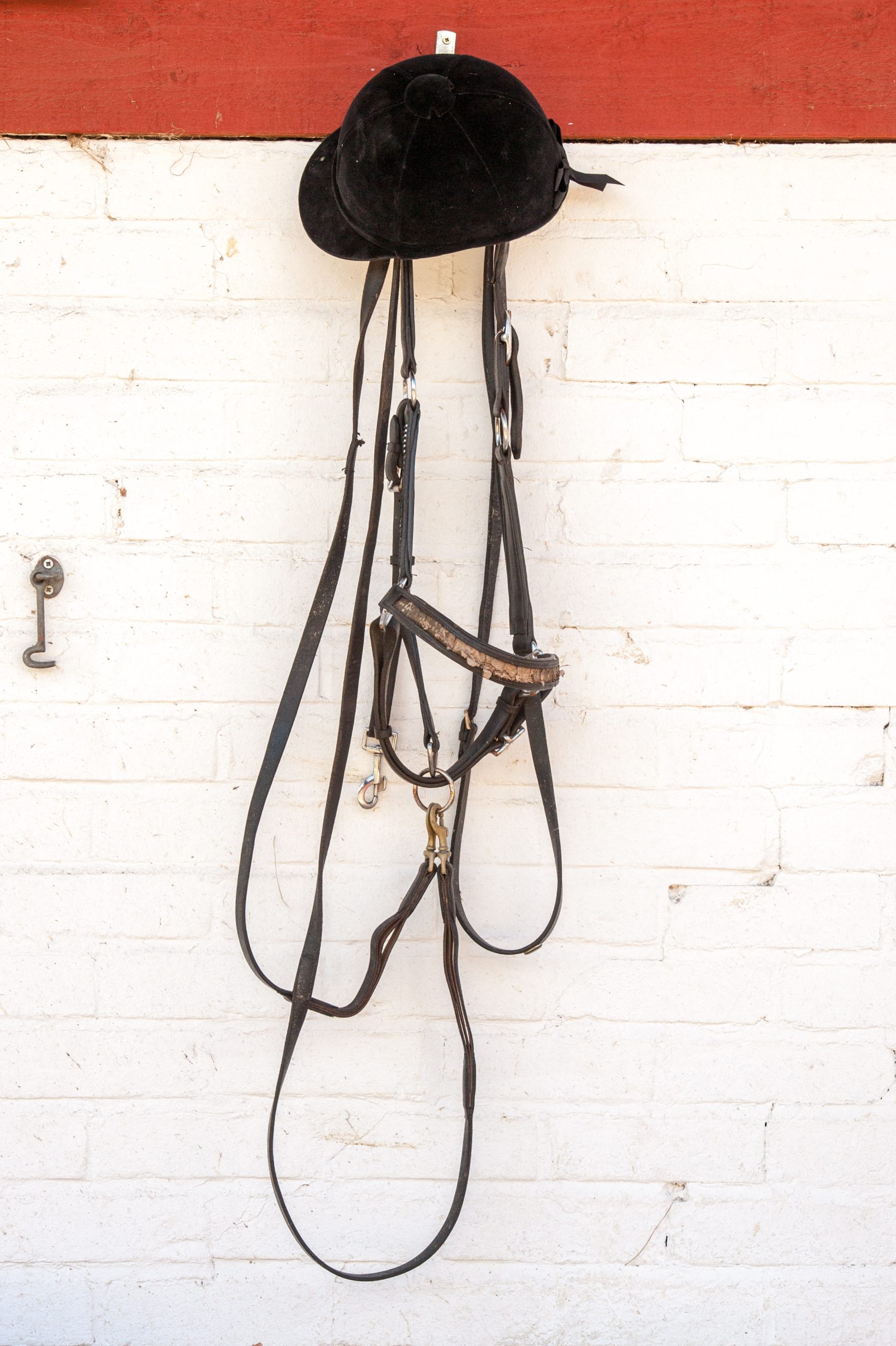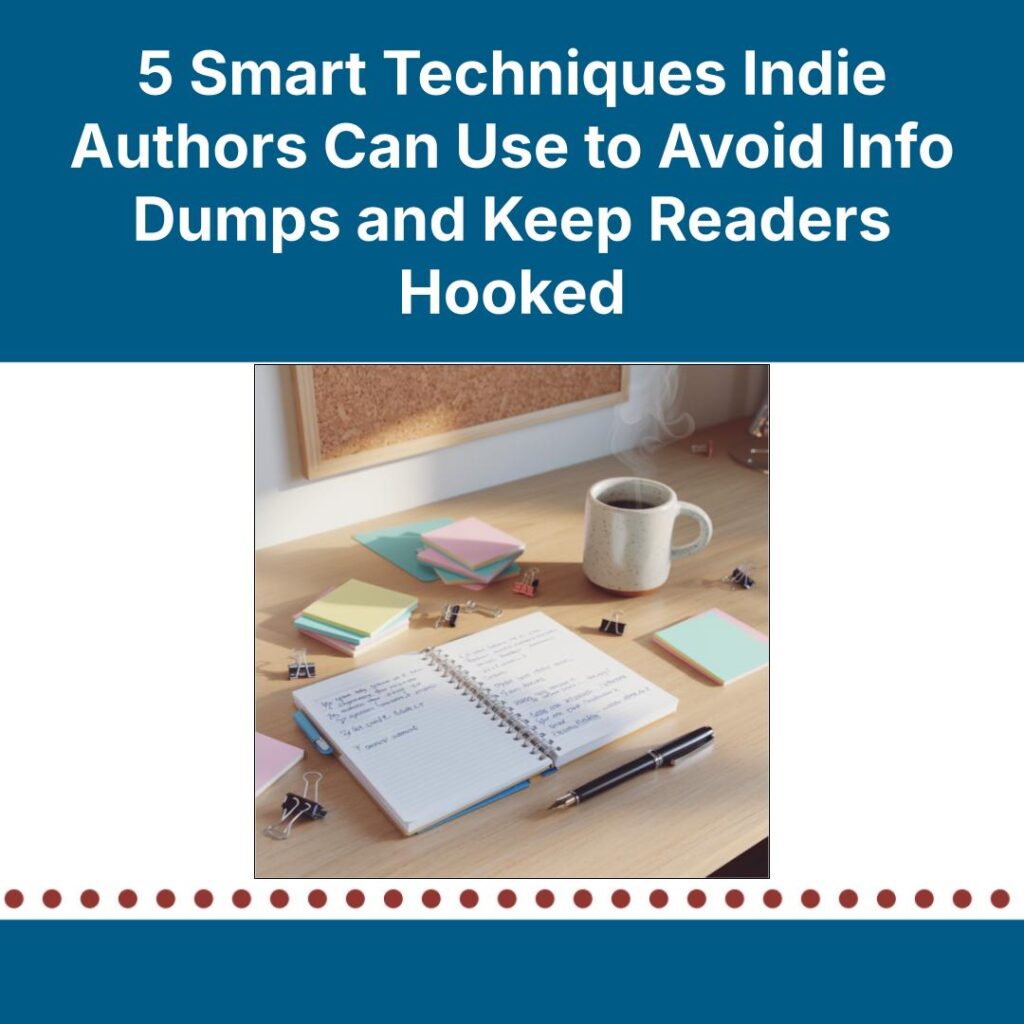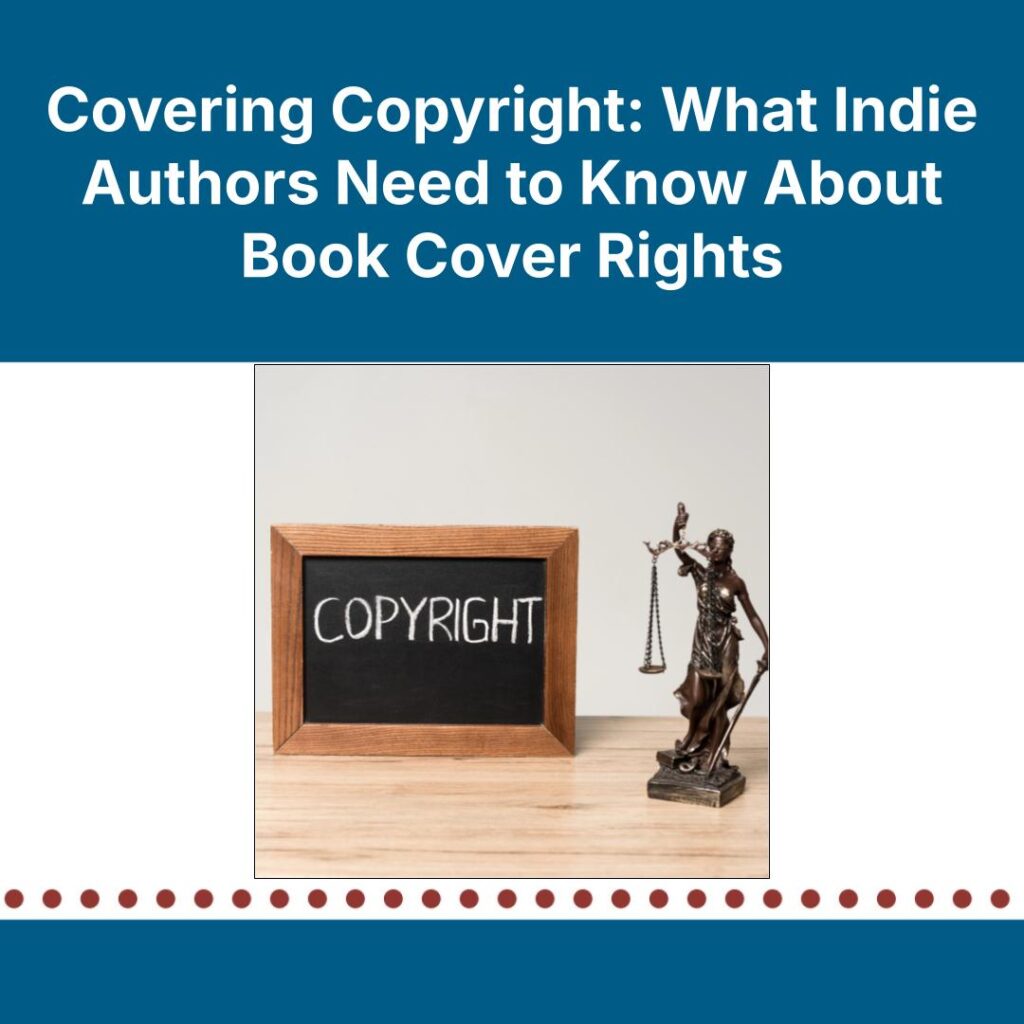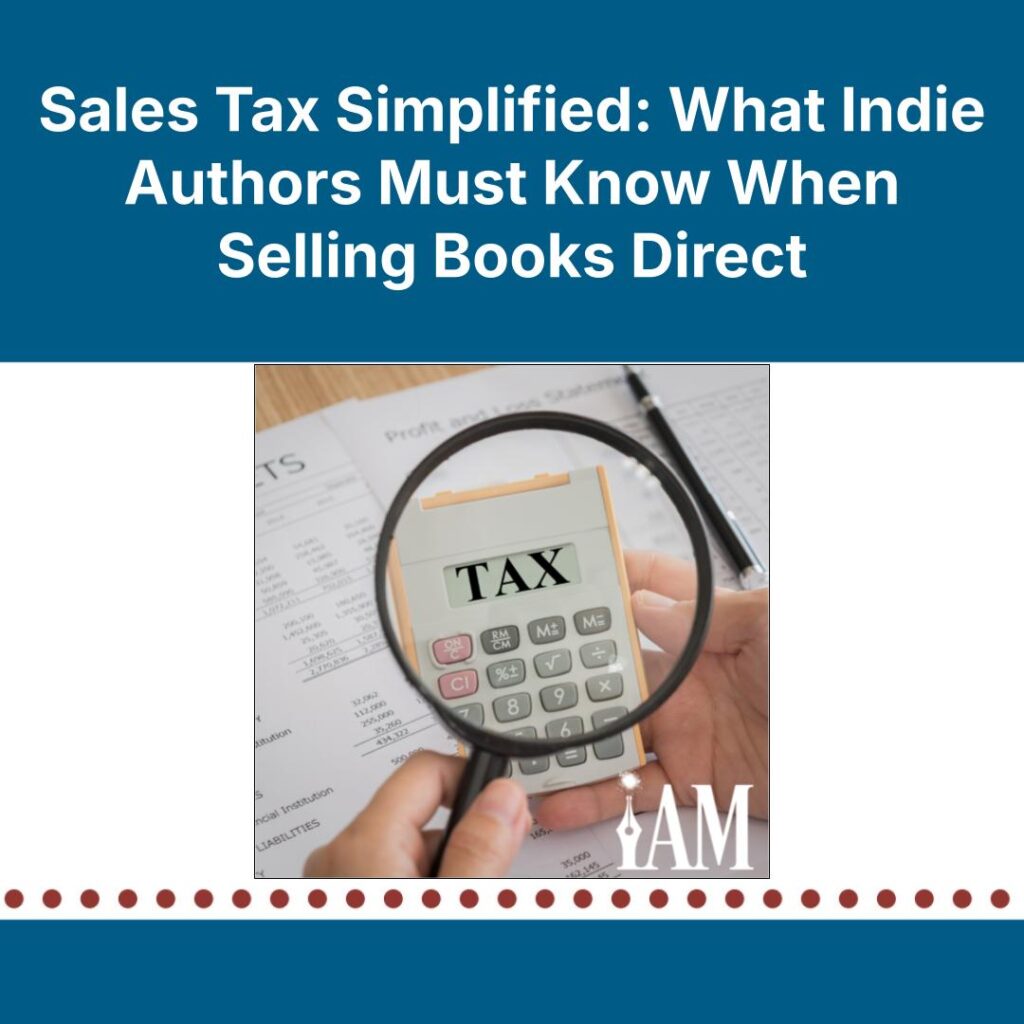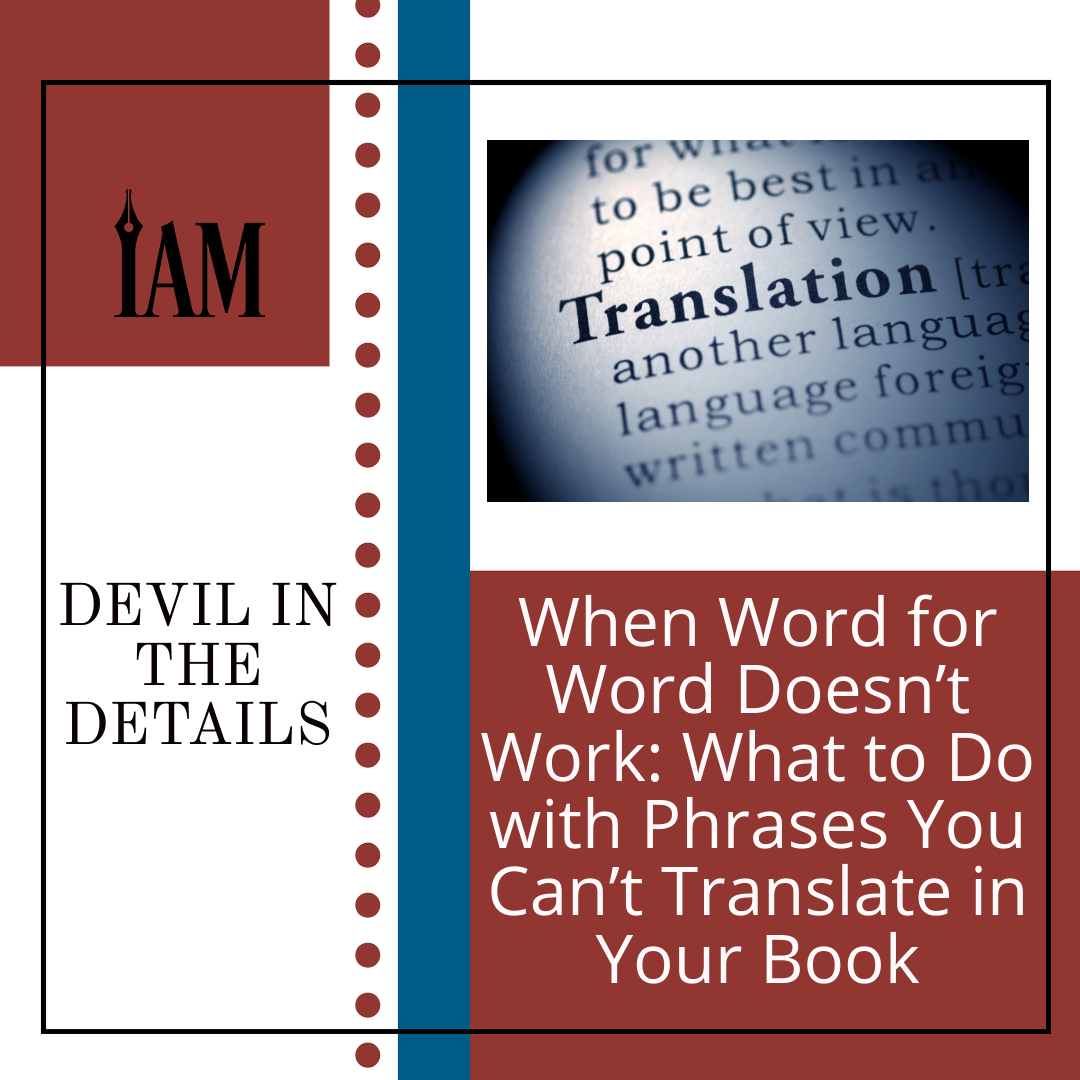How and why to put equine misconceptions out to pasture
Few things transcend genres quite like horses. Historical novels incorporate them to set scenes or develop characters. They can be favorite modes of transportation on quests. Even their alien or hybrid cousins appear in Sci-Fi stories. Horses can be a driving force—both figuratively and literally—in a story’s plot, but writing about the animals without the necessary experience or research can be all too obvious to some readers.
And no, that trail ride you went on during summer camp likely isn’t going to cut it.
“There is so much that goes into horses and horse care that it's impossible to cover in a simple five-minute search,” writes Emilie Lewis, a YA fantasy author and published academic. Lewis has been an equestrian for nearly twenty-five years, riding competitively and training horses in several disciplines as well as holding various barn manager positions in that time. “Horses are individuals, unique in the way they respond and move. They have personalities, opinions, and their own minds—they're not interchangeable with machines.”
Rein it in
Fiction tropes run rampant when it comes to horses and horseback riding—even Hollywood has its faults with their representation. As herd and prey animals, horses are generally much quieter than movies and books would have people believe, writes Emily Donoho in Horse & Hound. Their tendency to spook is also higher, Lewis writes, and they’re not going to be able to gallop without rest for an extended period of time.
Horseback riders in fiction warrant just as much criticism. The techniques authors describe are often wrong, and some would even be harmful if used in real life. The biggest mistake Lewis sees regularly is a character slapping the reins to make a horse move—an action that could injure a horse’s mouth. Horses are generally trained to respond to cues from a rider’s legs, such as a gentle squeeze, to move forward, Lewis explains, while the rider’s seat and hands control the pace.
It’s not as simple as it often seems, either.
“Horseback riding is an incredibly demanding sport. When a rider is good, it looks effortless,” she writes. “Believe me, there are so many years of effort you don't see in that one moment of perfection.”
Inexperienced riders will feel off-balance and struggle to make a horse listen, and even experienced riders will be sore and need to take breaks on longer journeys—both for their sake and their horse’s. “An Equestrian Writer’s Guide,” commissioned by the Long Riders Guild Academic Foundation, extensively details for authors the distance a horse would be able to travel in a day and the factors that might affect it, including the horse’s breed and age, the rider’s experience, and the time period.
Straight from the horse’s mouth
It’s best to ground horses in your story entirely in reality or entirely in fantasy, Lewis writes, and if you choose the former, don’t shy away from research. Besides LRG-AF’s guide, writers have countless resources to pull from. Equestrian publications such as The Plaid Horse have published articles helping writers avoid common mistakes, and Judith Tarr’s book Writing Horses: The Fine Art of Getting It Right can be a helpful reference, especially for those new to the horse world.
Learning from someone with experience is great too, Lewis recommends, whether that means watching videos of professional riders or chatting with friends who work with horses. And of course, you could always visit a riding school or take a beginner lesson to gain first-hand experience—and maybe even a new hobby.
Even if horses only appear for a scene or two, writing them correctly can make the difference in keeping readers immersed in your story. “Nothing will infuriate an equestrian more than seeing bad riding or inadequate horsecare in a book,” Lewis writes. “It may seem like a little thing, but treating it with as much care as you do crafting your MC [main character] or setting or plot arc will give your story more believability and will help put an end to the perpetuated misconceptions of horses and horseback riding for future writers.”
